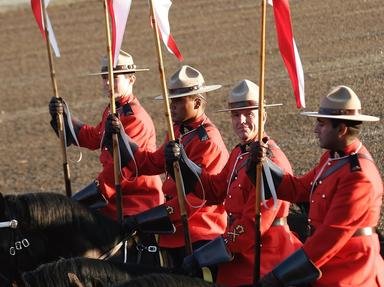Quiz Answer Key and Fun Facts
1. Which Spanish explorer sailed in the waters off what is now British Columbia in 1774?
2. Who was the first British explorer to reach what is now British Columbia?
3. Which fur trading company controlled the fur trade in British Columbia after 1820?
4. Between 1850 and 1854, James Douglas signed 14 treaties with the "First Nations" on southern part of Vancouver Island. What are these treaties called?
5. Which city was the capital of the colony of British Columbia from 1859 to 1868?
6. Which British Columbia town was the centre of the Cariboo Gold Rush of 1862-1870?
7. What tragedy befell the "First Nations" peoples on the coast of British Columbia in 1854?
8. What was the capital of the colony of Vancouver Island?
9. Who served as governor of the colony of British Columbia from 1858 to 1864?
10. What happened in the Bute Inlet Massacre of 1864?
Source: Author
Tim Kennelly
This quiz was reviewed by FunTrivia editor
bloomsby before going online.
Any errors found in FunTrivia content are routinely corrected through our feedback system.

